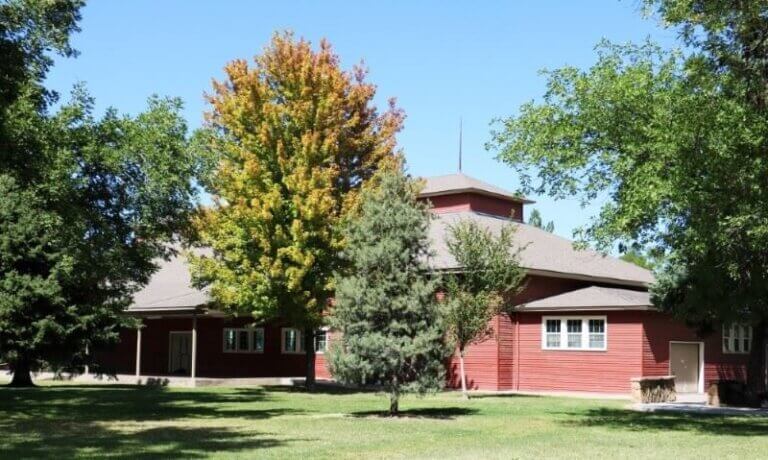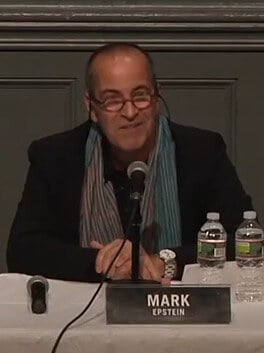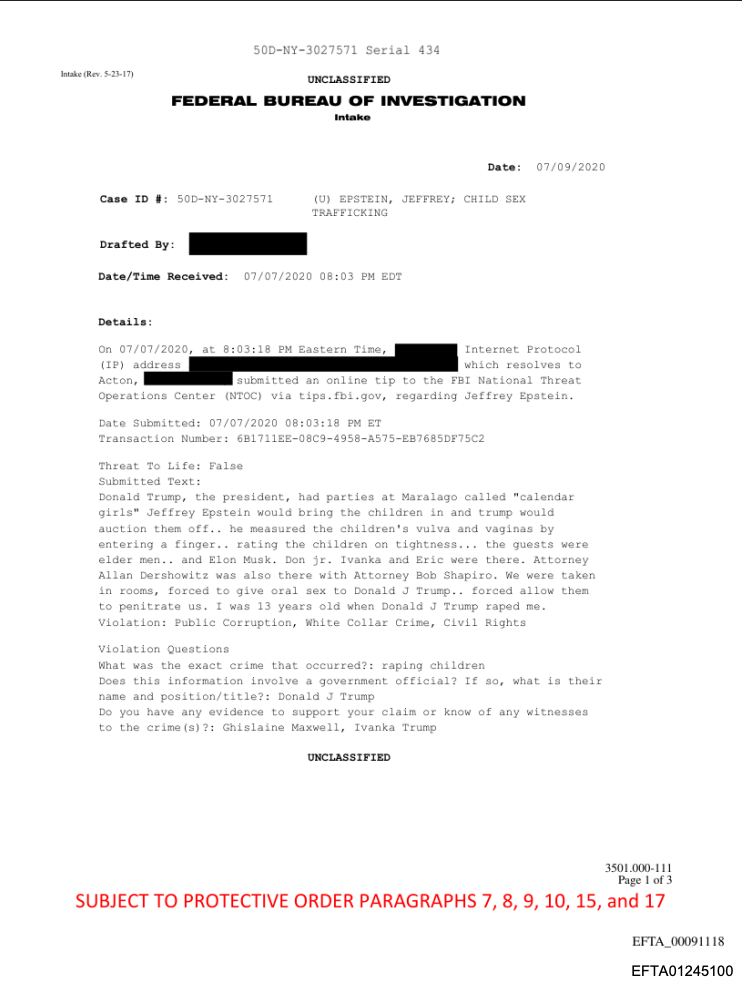City resident warns City Council about the pitfalls of the impending lease agreement for CMU to use Lincoln Park
March 2, 2026
2 Comments
Following is a letter that Grand Junction resident John Traylor, who has a background is in public finance, sent to the entire Grand Junction City ...
Read More →
Criminal complaint filed against attorney Brad Miller of Miller Farmer Law
March 2, 2026
1 Comment
Pueblo County School District 70 parent Chris Sutton filed a formal criminal complaint (pdf) with the Colorado state Attorney General’s Office February 22, 2026, against ...
Read More →
Trump-linked lawyers push fake “national emergency” plot to hand Trump control of elections nationally
February 28, 2026
4 Comments
Trump has said Republicans need to seize control of elections nationally. We need to take this statement very seriously. The Washington Post and other major ...
Read More →
Jeffrey Epstein’s brother, Mark Epstein, alleged in tip to FBI that Trump “authorized” his brother’s murder in prison
February 26, 2026
No Comments
This email from the Epstein files, Bates No. EFTA00038986, is about a tip sent to the FBI’s National Threat Operations Center (NTOC) tip website by ...
Read More →
Video shows FBI Director Kashyap Patel on a “business” trip to Milan
February 25, 2026
2 Comments
The above YouTube video from CNN via Scripps News shows FBI Director Kashyap Patel partying and guzzling beer in the locker room at the Olympics ...
Read More →
Trump in the Epstein files, continued
February 25, 2026
1 Comment
Note to readers: Posts about Epstein documents are tagged with the hashtag #TrumpEpstein. To find posts dealing with Epstein documents, type #TrumpEpstein in the search ...
Read More →






